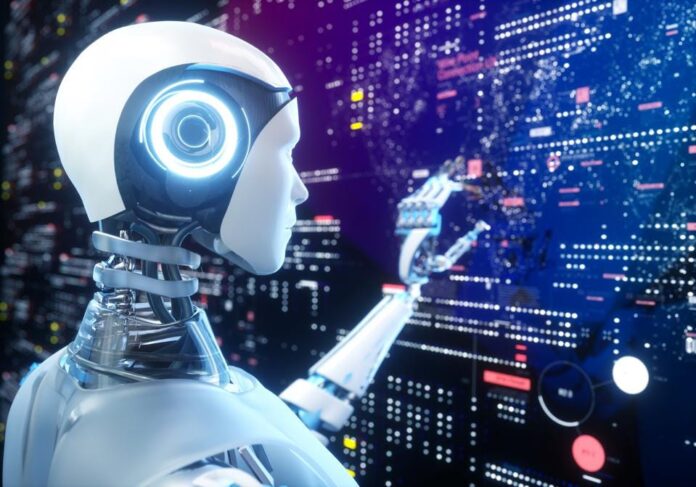–AI is becoming increasingly good at completing tasks that humans traditionally perform.
This is because AI is able to learn and improve upon itself at a much faster rate than humans. As a result, AI is able to take on more and more complex tasks that were once thought to be impossible for machines. This is having a profound impact on many industries, as AI is able to automate tasks that were once performed by humans. This is leading to increased efficiency and productivity, as well as new opportunities for humans to focus on higher-level tasks.
-However, this presents a problem because AI is becoming better at these tasks than humans.
. This means that humans may not be needed to do these tasks in the future, which could lead to unemployment.
-This could lead to humans becoming obsolete in many fields
If machines can do the same things as humans, then humans might not be needed in those fields anymore.
If machines can do the same things as humans, then there is a possibility that humans will not be needed in those fields anymore. Machines can do things more quickly and accurately than humans can, so if a machine is able to do a human’s job, the human may not be needed anymore.
.
–AI needs to be better regulated to ensure that it does not replace humans entirely.
Artificial intelligence (AI) has the potential to revolutionize many industries and improve our lives in countless ways. However, as AI technology continues to advance, there is growing concern that it could also lead to significant job loss and economic disruption. This is why it is important that AI is better regulated to ensure that it does not replace humans entirely.
One of the main concerns with AI is that it could automate many jobs that are currently done by humans. This could lead to significant job loss, particularly for workers in industries such as manufacturing and transportation. As AI technology continues to improve, it could also lead to job loss in other industries such as finance, healthcare, and customer service.
Another concern is that AI could lead to increased economic inequality. As jobs are automated, the demand for highly-skilled workers who can design, develop, and manage AI systems will increase. This could lead to a widening gap between those who have the skills to work with AI and those who do not.
One of the ways to mitigate these negative effects is to regulate the development and deployment of AI systems. This could include setting standards for the development of AI systems to ensure that they are safe and reliable. It could also include regulations to ensure that AI systems are transparent and accountable, so that the public can understand how they work and how decisions are made.
Another important aspect of regulation is to ensure that AI systems are designed in a way that promotes human well-being. This could include regulations to ensure that AI systems are not used to discriminate against certain groups of people or to make decisions that could harm individuals. It could also include regulations to ensure that AI systems are not used to replace human workers without providing adequate support for those who lose their jobs.
Furthermore, regulators should consider the ethical implications of AI deployment. This can include ensuring that AI systems are developed with privacy and security in mind, and that they align with societal values such as non-discrimination and fairness. Additionally, the development of AI systems should be guided by the principle of explainability, which means that the decision-making process of the AI is transparent and understandable to humans.
Another key aspect of regulation is to invest in retraining and education programs for workers who may be impacted by AI. This could include providing training for new skills that will be in demand in the future, such as data science and machine learning. This could also include providing financial support for workers who lose their jobs due to automation.
In conclusion, AI has the potential to bring many benefits to our society. However, it also has the potential to lead to significant job loss and economic disruption. This is why it is important that AI is better regulated to ensure that it does not replace humans entirely. This could include setting standards for the development and deployment of AI systems, regulations to ensure that AI systems are transparent and accountable, and regulations to ensure that AI systems are designed in a way that promotes human well-being. Additionally, regulators should consider the ethical implications of AI deployment and invest in retraining and education programs for workers who may be impacted by AI.
